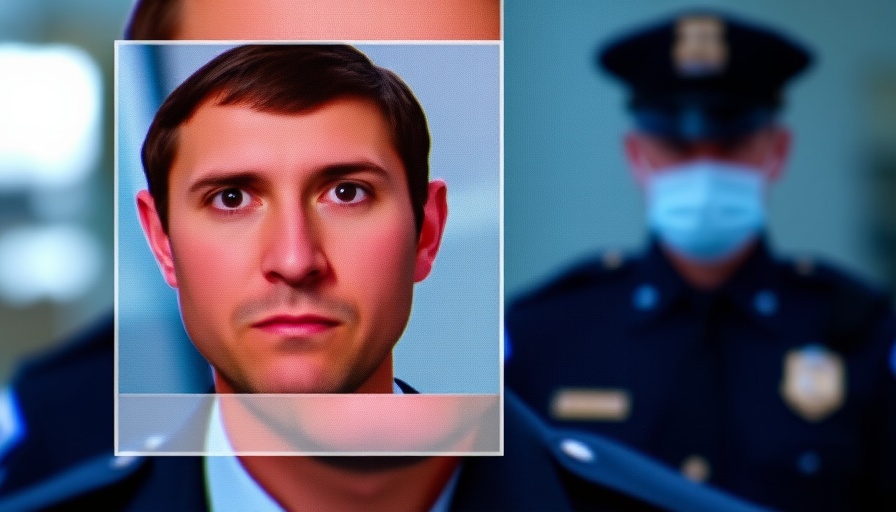
Facial Recognition in Law Enforcement: A Double-Edged Sword
As technology continues to advance, one of the most contentious developments is the rise of facial recognition systems within law enforcement. With live facial recognition vans poised to hit the streets of England and Wales, the implications of this technology are vast and multifaceted. Critics worry about the potential for privacy violations and a slip towards a surveillance state, while advocates cite its effectiveness in combating crime.
Understanding the Technology Behind Facial Recognition
At its core, facial recognition uses artificial intelligence to analyze digital photographs and compare them against databases of images, extracting key biometric data like the distance between eyes and the shape of the jaw. This rapid processing not only enhances police capabilities but raises questions about intrusiveness and consent. Shockingly, nearly 4.7 million faces were scanned by UK police last year alone, a staggering increase that illustrates how quickly this tool has been integrated into daily policing.
Public Perception: Are We Aware?
Interestingly, while many view surveillance cameras as just another feature of modern life, public awareness of facial recognition technology appears limited. Shopkeepers and pedestrians in areas earmarked for this surveillance often have little to no knowledge about the implementation of such systems. This lack of awareness can lead to a disconnect between law enforcement actions and community consent, creating tension and mistrust.
Ethical Considerations and Potential Pitfalls
The ethical debate surrounding facial recognition technology revolves around trust, oversight, and misuse. Critics argue that without sufficient regulation, the technology could reinforce existing societal inequalities or lead to misidentifications and wrongful arrests. Moreover, important discussions about data privacy must happen, as this technology can track individuals without their consent. Many believe that these concerns should compel us to demand more transparency and accountability from policing bodies.
The Future of Facial Recognition: What Lies Ahead?
As law enforcement agencies across England and Wales prepare to deploy facial recognition more widely, the question remains: how will this shape our future? Will it deter crime and enhance public safety, or will it pave the way for intrusive and unwarranted surveillance? The answer may depend on how much we, as a society, engage in the dialogue surrounding the ethical implementation of such technology. Balancing safety with privacy will be critical in how we navigate this evolving landscape.
Your Role in the Conversation
As technology enthusiasts, developers, and industry professionals, it's essential to be part of the conversation about the implications of AI technologies like facial recognition. As you explore learning AI fundamentals, consider how these innovations impact societal norms and individual freedoms. Engaging with these issues not only enhances your understanding of technological progress but also empowers you to influence how society adopts these powerful tools.
 Add Row
Add Row  Add
Add 




 Add Row
Add Row  Add
Add 



Write A Comment